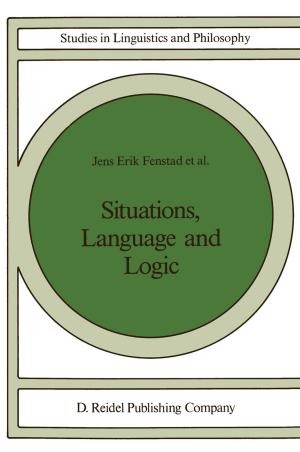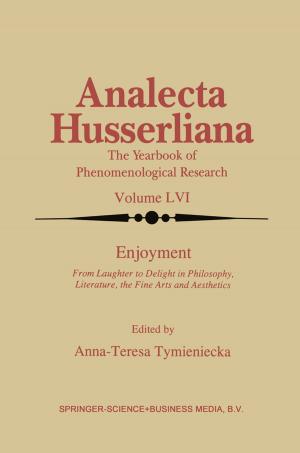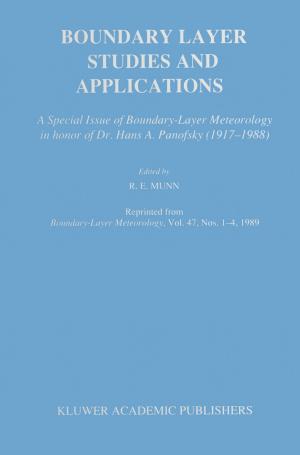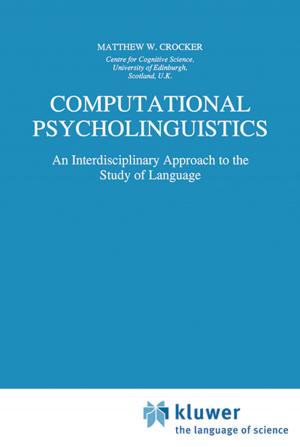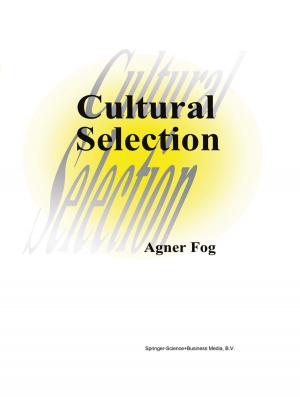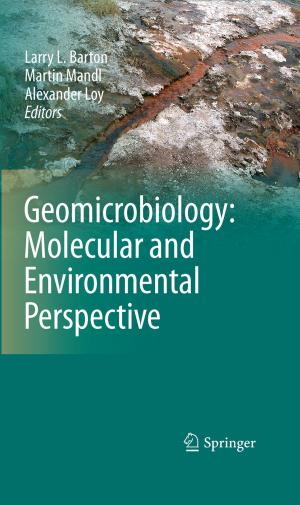Nonlinear Optical Properties of Materials
Nonfiction, Science & Nature, Technology, Lasers, Material Science| Author: | Rashid A. Ganeev | ISBN: | 9789400760226 |
| Publisher: | Springer Netherlands | Publication: | January 9, 2013 |
| Imprint: | Springer | Language: | English |
| Author: | Rashid A. Ganeev |
| ISBN: | 9789400760226 |
| Publisher: | Springer Netherlands |
| Publication: | January 9, 2013 |
| Imprint: | Springer |
| Language: | English |
This book is mostly concerned on the experimental research of the nonlinear optical characteristics of various media, low- and high-order harmonic generation in different materials, and formation, and nonlinear optical characterization of clusters. We also demonstrate the inter-connection between these areas of nonlinear optics.
Nonlinear optical properties of media such as optical limiting can be applied in various areas of science and technology. To define suitable materials for these applications, one has to carefully analyse the nonlinear optical characteristics of various media, such as the nonlinear refractive indices, coefficients of nonlinear absorption, saturation absorption intensities, etc. Knowing the nonlinear optical parameters of materials is also important for describing the propagation effects, self-interaction of intense laser pulses, and optimisation of various nonlinear optical processes. Among those processes one can admit the importance of the studies of the frequency conversion of coherent laser sources. The area of interest for nonlinear optical characterization of materials is also closely related with new field of nanostructures formation and application during laser-matter interaction.
We show how the nonlinear optical analysis of materials leads to improvement of their high-order nonlinear optical response during the interaction with strong laser fields. Ablation-induced nanoparticles formation is correlated with their applications as efficient sources of coherent short-wavelength photons. From other side, recent achievements of harmonic generation in plasmas are closely related with the knowledge of the properties of materials in the laser plumes. All of these studies are concerned with the low-order nonlinear optical features of various materials. The novelty of the approach developed in present book is related with inter-connection of those studies with each other.
This book is mostly concerned on the experimental research of the nonlinear optical characteristics of various media, low- and high-order harmonic generation in different materials, and formation, and nonlinear optical characterization of clusters. We also demonstrate the inter-connection between these areas of nonlinear optics.
Nonlinear optical properties of media such as optical limiting can be applied in various areas of science and technology. To define suitable materials for these applications, one has to carefully analyse the nonlinear optical characteristics of various media, such as the nonlinear refractive indices, coefficients of nonlinear absorption, saturation absorption intensities, etc. Knowing the nonlinear optical parameters of materials is also important for describing the propagation effects, self-interaction of intense laser pulses, and optimisation of various nonlinear optical processes. Among those processes one can admit the importance of the studies of the frequency conversion of coherent laser sources. The area of interest for nonlinear optical characterization of materials is also closely related with new field of nanostructures formation and application during laser-matter interaction.
We show how the nonlinear optical analysis of materials leads to improvement of their high-order nonlinear optical response during the interaction with strong laser fields. Ablation-induced nanoparticles formation is correlated with their applications as efficient sources of coherent short-wavelength photons. From other side, recent achievements of harmonic generation in plasmas are closely related with the knowledge of the properties of materials in the laser plumes. All of these studies are concerned with the low-order nonlinear optical features of various materials. The novelty of the approach developed in present book is related with inter-connection of those studies with each other.

